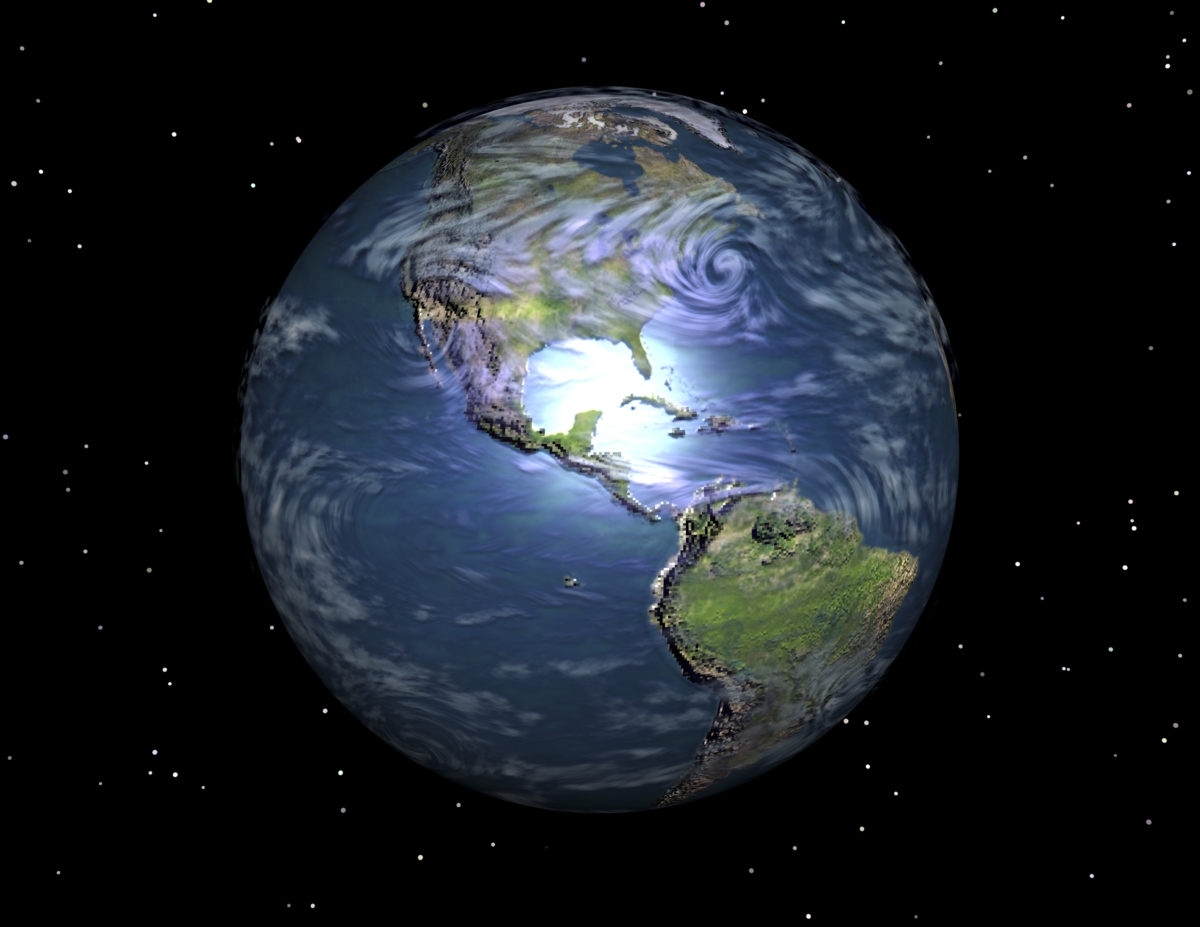
Help clean up, protect or defend our planet on Earth Day.
Earth Day is Saturday, April 22. Many local organizations are sponsoring events in honor of the day.
Take a few hours to engage, learn and work to keep our planet healthy for the long term. Here are a few events to consider.
Join people around the world for the March for Science. The Seattle march is part of “a global movement to defend the vital role science plays in our health, safety, economies, and governments.” The event starts at Cal Anderson Park at 10 am and walks to the Seattle Center.
If you would rather run than walk, take part in the Earth Day Run at Seattle’s Magnuson Park. Each finisher will receive a native sapling tree. You can plant a tree at your home or onsite to help sequester carbon.
If you’d like to get your hands dirty, join the Student Conservation Association at the Washington Park Arboretum on Saturday. Volunteers will restore the arboretum through planting, mulching, removing invasive species and maintaining trails. Or join MAPS-NOW to pull weeds and plant native plants at Marymoor Park in Redmond.
Celebrate Earth Day at a storytelling event on April 23 at the Duwamish Longhouse and Cultural Center in West Seattle. Native and non-Native storytellers will share traditional and contemporary stories and music about our relationship to the natural world and each other.
21 Acres will host a free community event on Earth Day. “Bee Sweet to the Earth!” is about bees, pollination and the connection to our food system and local farming. The free event includes food, games, demonstrations, music and kid activities.
Introduce friends or family to nature at one of our beautiful parks on Earth Day. Both state and national parks are free on April 22. National parks, such as Mount Rainier and Olympic, are also free on April 23. Or visit a nearby local park and appreciate the trees, shoreline, flowers or just a quiet space in nature.
Get in the mood for Earth Day at the Wild & Scenic Film Festival on April 19 at the SIFF Cinema Uptown in Seattle. Proceeds will support the efforts of the nonprofit Washington Water Trust to restore our state’s rivers and streams.
Decide to donate to or volunteer for an environmental organization. There are many national and local groups working to create a cleaner, greener world and defend natural areas. Here is a list of national organizations. And here is a list of local organizations.
Help the Earth in your own yard.
Choose native plants that support pollinators, birds and wildlife. Choose drought-tolerant plants that grow well with little supplemental water.
Avoid using toxic pesticides that can harm children and wildlife. Use organic or slow-release fertilizers that are less likely to run off into local streams and lakes.
Grow your own organic food for your family. Plant a vegetable garden, and incorporate edible plants, such as blueberries and fruit trees, into your landscape.
Spend time outside appreciating nature, and share outdoor experiences with your children so they grow up loving nature.
